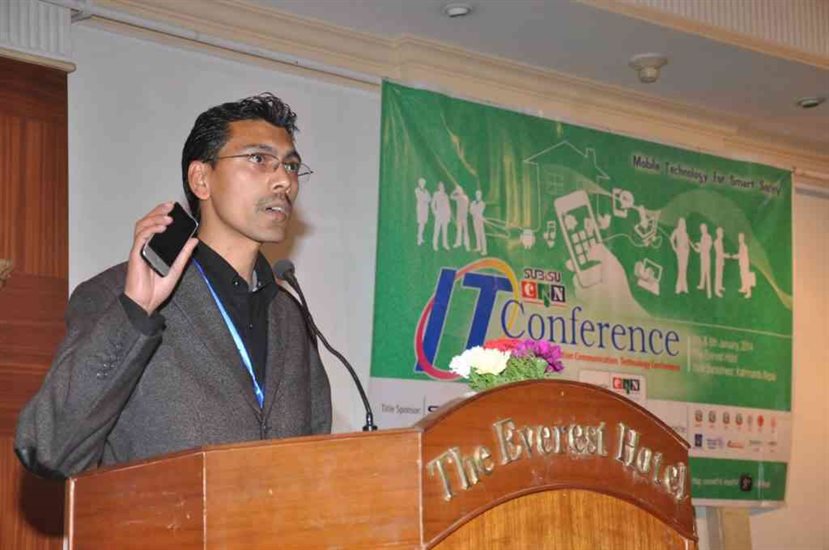ICT for development and social transformation. Innovation and growth are inherent characteristics of humankind.
Many tools and techniques have been developed to ease our lives. The world has witnessed many innovative ideas that made a difference in civilization, and one of the most influential innovations in the history of humanity is Information and Communication Technology (ICT) particularly mobile technology. Mobile technology has opened new avenues of communication channels offering higher access to information and essential services to all.
Increasing penetration of smart-phones, tablets, and similar devices are profoundly influencing the way people live, work, interact, and socialize. No other technology has been in access to so many people in around the world in such a short period than mobile technology. However, the popularity and delivery of innovative services and applications made for mobile users are also raising the risk to society. We need to develop appropriate technology responsibly to serve the people. In this scenario, the Computer Association of Nepal (CAN) is organizing 14th ICT Conference on the theme “Mobile Technology for Smart Society” from 5-6 January 2014 in Kathmandu.
Democracy is widely understood as the government of the people, by the people and for the people. The idea of democracy depends fundamentally on effective communication and decision-making about public issues among citizens, politicians, officers and other stakeholders. We are in the age of modern Information and Communication Technology. Information and Communication tools have become a significant mean to enjoy the fruit of Democracy. The use of ICT in the enjoyment of democratic practice is well known as e-Democracy. The term electronic democracy, or “e-democracy,” is comparable to virtual justice, teledemocracy, digital democracy, and cyberdemocracy. E-Democracy consists of all electronic means of communication that enable/empower citizen in their efforts to hold rulers/politicians accountable for their actions in the public realm. E-Democracy employs different techniques for increasing the transparency of the political process, for enhancing the direct involvement and participation of citizens; and improving the quality of opinion formation by opening new spaces of information and deliberation. It builds upon E-Government initiatives such as online service delivery and open access to information, incorporating civic engagement and civic education. It is concerned with distributing control and decision-making power through fostering horizontal and multi-directional connections between citizens, the third sector, and government. It is commonly associated with web applications that facilitate interactive information sharing, interoperability, user-centered design, and collaboration.
- IT Conference 2001
- IT Conference 2002
- IT Conference 2003
- IT Conference 2004
- IT Conference 2005
- IT Conference 2006
- IT Conference 2012
- IT Conference 2013
- IT Conference 2014
